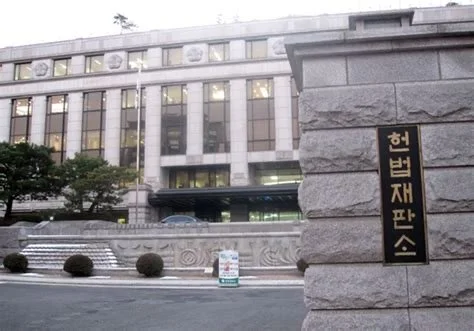
All Content
Welcome to the Institute for the Study of States of Exception (ISSE) main content page, a single source for all posts from the Institute, including commentary on global events, book reviews, academic literature, links to our podcasts, and additional resources. Check back regularly for more content from us.
“Sovereign is he who decides the exception.”
— Carl Schmitt (Political Theology: Four Chapters on the Concept of Sovereignty, 1922)
Donald Trump keeps declaring national emergencies. Why?
The Vox article, “Donald Trump keeps declaring national emergencies. Why?” published on May 18, 2025, examines President Trump’s unprecedented use of national emergency declarations during the first 100 days of his second term. As of this writing, he has declared eight national emergencies across various domains, including the southern border, energy, trade, drug trafficking, and the International Criminal Court. These declarations grant him access to special powers outlined in over 150 legal provisions, enabling actions beyond or against congressional authorization. The article features insights from Elizabeth Goitein of the Brennan Center for Justice, who discusses the history and potential for misuse of these powers, especially given the limited checks on presidential authority following a 1983 Supreme Court ruling that removed Congress’s ability to veto emergency declarations…
Is the "State of Exception" the New Normal? Giorgio Agamben
This video from Philosopheasy explores Giorgio Agamben's philosophy on the "state of exception," where emergency powers become a norm, allowing governments to suspend laws and exert control, as seen in situations like the war on terror and the COVID-19 pandemic.
Origins of Totalitarianism
Hannah Arendt’s The Origins of Totalitarianism (1951) stands as a foundational text for understanding how democratic societies can transform into totalitarian regimes. While Arendt doesn't explicitly employ the term state of exception her work foreshadows the concept, detailing how the seemingly temporary suspension of legal protections during crises can become a permanent feature of authoritarian rule. Her work meticulously traces how factors such as European colonialism, antisemitism, and the manipulative use of ideological propaganda facilitated unprecedented concentrations of executive power in Nazi Germany and Stalinist Russia…
El Salvador’s Prolonged State of Emergency
According to a 2024 academic analysis published by the Columbia Undergraduate Law Review, El Salvador has continuously extended its state of emergency since March 27, 2022. , using vague constitutional language that allows indefinite suspension of civil liberties. The Salvadoran constitution permits 30-day emergency declarations but includes a loophole allowing renewal if “circumstances continue.” Despite a reported 70% drop in homicides by 2023, the emergency remains in place, now reauthorized more than two dozen times. Under this regime, over two percent of the adult population has been incarcerated, with numerous reports of arbitrary detention, denial of due process, and alleged torture in state custody. The article contrasts El Salvador’s system with South Africa’s constitutional framework, offering it as one model for more accountable governance that integrates checks on emergency power…
South Korean Constitutional Court rules December 2024 Martial Law order improper
According to The Guardian, on April 4, 2025, South Korea’s President Yoon Suk Yeol was removed from office following a unanimous Constitutional Court decision. The court ruled that Yoon’s December martial law order constituted a “grave betrayal of the trust of the people” and violated the proper exercise of emergency powers. As a result, interim leader Han Duck-soo has been appointed to govern until a new president is elected within 60 days. In a brief statement, President Yoon apologized and acknowledged the court’s decision. The 111-day impeachment process, set against rising concerns for the country’s democratic future, culminated in this decisive action. Additionally, the report notes that Yoon may face a separate criminal trial related to charges of insurrection. South Korea’s conservative party stated that it “solemnly accepts” the outcome, while opposition leaders hailed the ruling as a victory for democracy…





